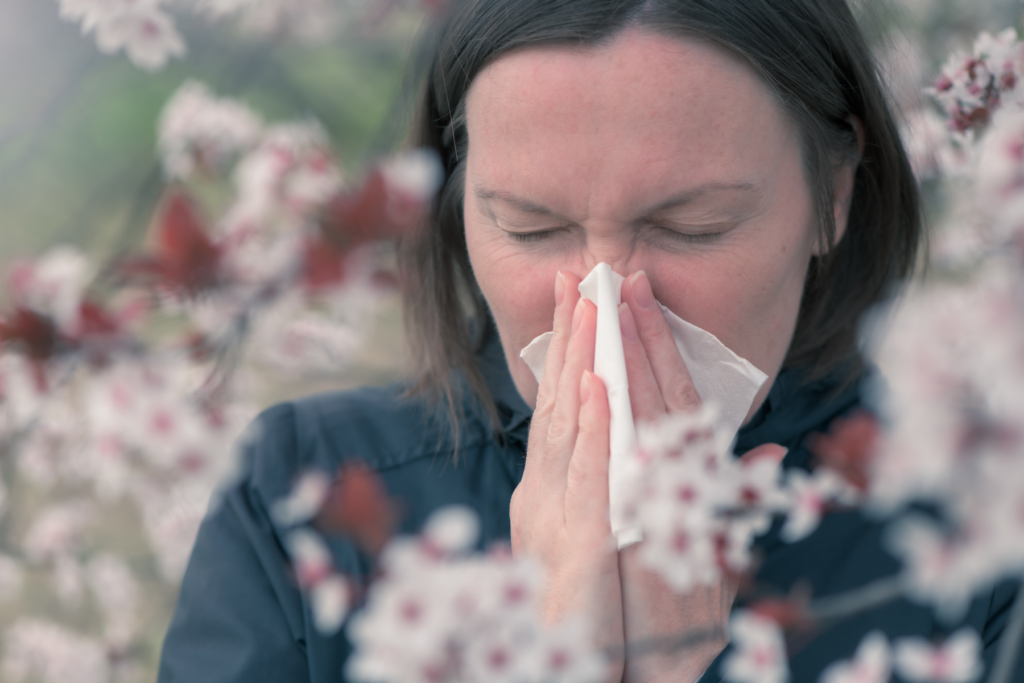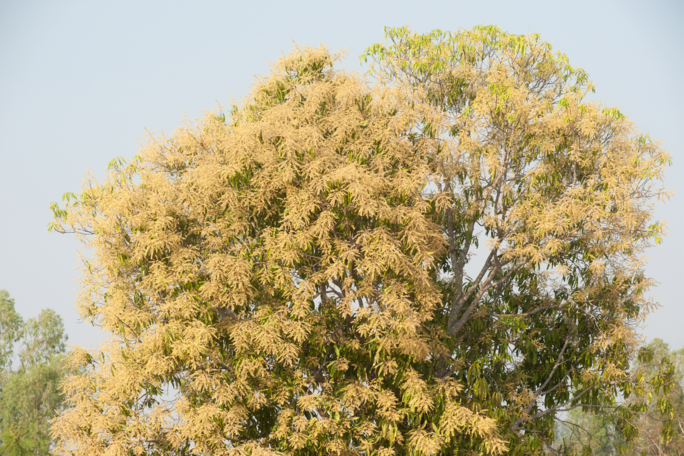The Best Low-Pollen Trees to Plant for Springtime

Pollen and Pollen Allergy
The Spring season in all its color and bloom is a season of suffering and torture for those who have a pollen allergy. While you can’t eliminate Springtime pollen, you can ensure your garden isn’t adding to your allergy agony by planting low-pollen producing trees. You can rely on a professional tree service company to offer guidance on choosing, planting, and maintaining your new trees. While many individuals wait until a tree removal is necessary to contact a professional, certified arborists like Advance Tree Pros can help in a variety of other situations as well.
Necessary for Survival
Every organism needs to reproduce for survival. Plants reproduce in various ways, among which is the production and release of pollen grains. These pollen grains fall on female flowers or cones, where the male and female sex cells combine to form a seed, and this seed will give life to a new plant. The same pollen can cause equally devastating effects in many people who are allergic to it. Pollen allergy is, actually, a hypersensitive reaction to pollen grains. The body’s immune system senses the entry of seemingly harmless pollen grains and wrongly detects them as a threat. This leads to a series of bodily reactions that can eventually trigger bouts of sneezing, a runny nose, itchy, watery eyes, and nasal congestion. Pollen can also cause minor facial pain due to increased sinus pressure from the congestion. Also called ‘hay fever,’ the severe version of this allergic reaction can either be year-round or for a specific season, depending upon which type of pollen you’re allergic to.

How to Avoid Pollen?
Ask someone who has a pollen allergy what their worst fear is, and 9 times out of 10, the answer will be “hay fever”. To make their season of allergy bearable, here are some tips to limit the contact with pollen or avoid it as a whole.
- Decrease Ventilation
If you keep your windows and doors open to allow the refreshing outside air to come inside, this could be causing you to ingest a significant amount of pollen. The outside air often brings pollen grains along with it, and once inside your house, humans are mostly defenseless against them.